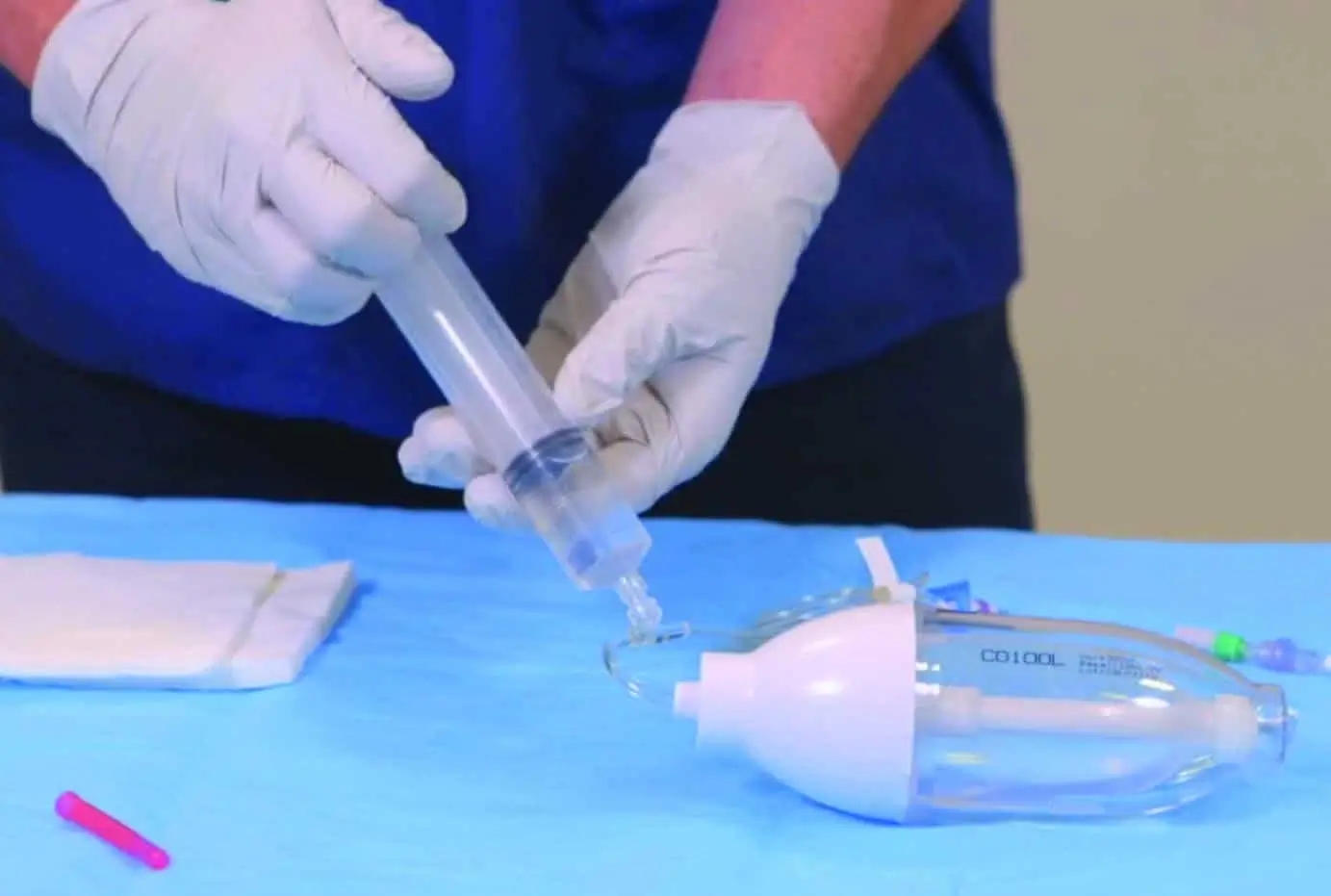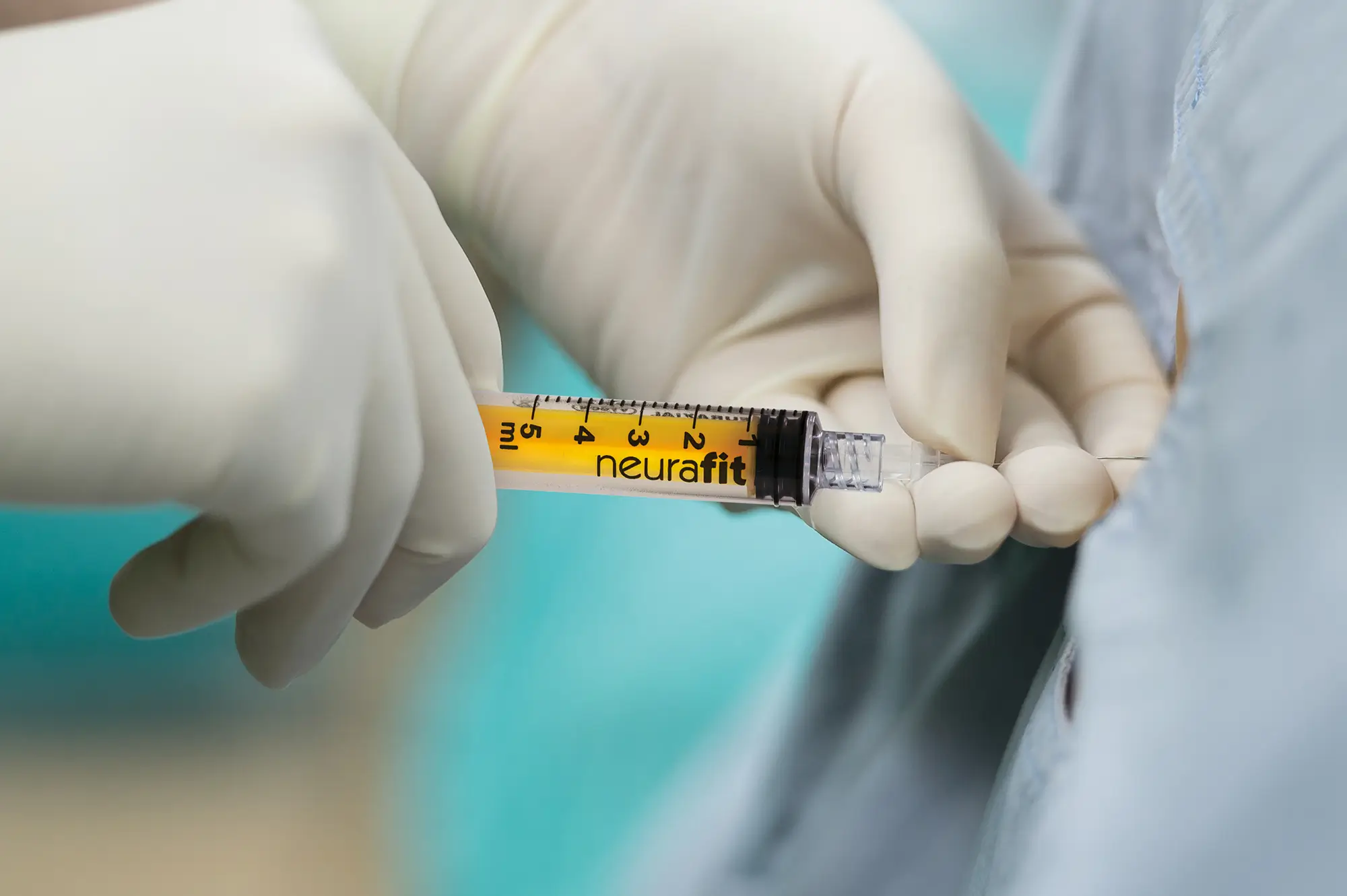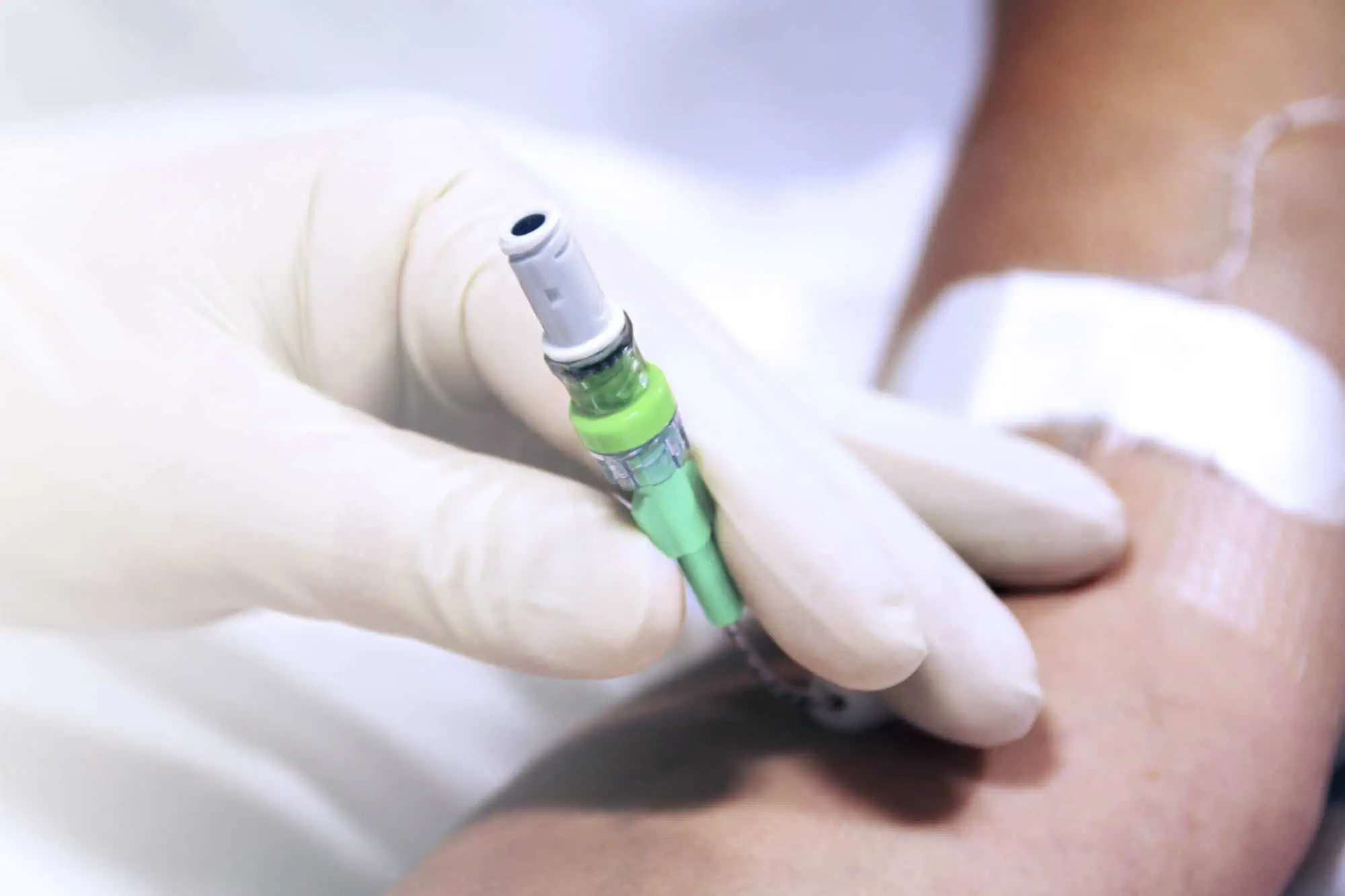Vascular access nurses undergo ‘invaluable’ PICC-port training in Italy

Three UK-based vascular access nurses joined renowned vascular surgeon and researcher, Dr Mauro Pittiruti, for an exclusive training programme in Italy, which boosted their knowledge and practical experience of PICC-port placements and will be used to improve patient services on home soil.
Courtesy of Vygon UK, the three-part training programme in Rome focused on the insertion and management of PICC-ports. It included initial theory and practice, followed by clinical training in the outpatients’ department of Rome’s Gemelli Hospital. The training concluded with an audit.
With limited experience of placing chest ports prior to the six-day visit, the nurses described the money-can’t-buy opportunity as ‘invaluable’. One of the participants explained: “The course will significantly benefit our team and, ultimately, our patients. I am positive that it will contribute to the development of a high-quality PICC-port service, which will be particularly beneficial for our oncology patients and beyond.
“We noticed many differences in relation to infection prevention. For example, scrubbing before and cleaning down after each insertion – it is very different to how we do things in the UK.”
Another of the nurses said: “I would recommend going to somewhere like Rome, as you gain so much more knowledge and insight while learning new techniques and observing the way other cultures approach healthcare. All in all, it was an amazing experience and if I was offered a similar opportunity, I would jump at the chance.”
Vygon UK’s National Sales Manager Francesca Briers, and James Cunningham, Business Development Manager, travelled to Italy to oversee the trip.
Outlining the impact of the programme, Francesca said: “Patient care is at the heart of everything we do and initiatives like this help to empower healthcare practitioners, increasing their expertise and allowing them to make improvements – resulting in better patient services and outcomes.
“The nurses are now able to use the knowledge they gained in Rome in the ongoing development of high-quality PICC-port services within their own hospitals, ultimately benefiting more patients.”
James added: “The feedback from the nurses highlights the far-reaching positive impact training of this nature can have within local communities and our health service.
“As an organisation we can offer our customers money-can’t-buy experiences like this. We recognise how important it is to share best practice across the world, and so we’re incredibly proud to be able to tap into our international network to provide industry-shaping training and development opportunities such as these – particularly in such an unforgettable setting.”
The first day of the comprehensive training in Rome offered practical, hands-on learning, suturing poultry, as well as lectures which covered:
- The role of ports and PICC-ports in clinical practice: the DAV-expert algorithm.
- Choice between thoracic port (chest-port) and PICC-port: indications and contraindications.
- State of the art PICC-port insertion: the ISALT-2 protocol, the RaPeVA method, the intracavitary ECG technique, choice of the venipuncture site and choice of the reservoir site, applying Dawson’s ZIM method, and closure of the pocket.
- State of the art PICC-port management: prevention and early diagnosis of infection prevention, treatment of venous thrombosis and flush, and lock protocols.
- Hands-on exercise: pocket preparation and closure with intradermal stitches and cyanoacrylate glue (on simulator).
- Selection of the venipuncture and reservoir sites (on volunteers).
On days two to five, the nurses took part in a clinical internship at the outpatients’ unit at Gemelli Hospital, observing PICC-port placements by Italian doctors and nurses. During the second half of the week, they put their learning into practice and inserted PICC-ports into patients themselves.
Francesca concluded: “We’re grateful to Dr Pittiruti and staff at Gemelli Hospital for sharing their knowledge and making us all feel so welcome. The trainees thoroughly enjoyed the experience of learning from practitioners in another country, and said they found the guidance from Dr Pittiruti ‘invaluable’.”














